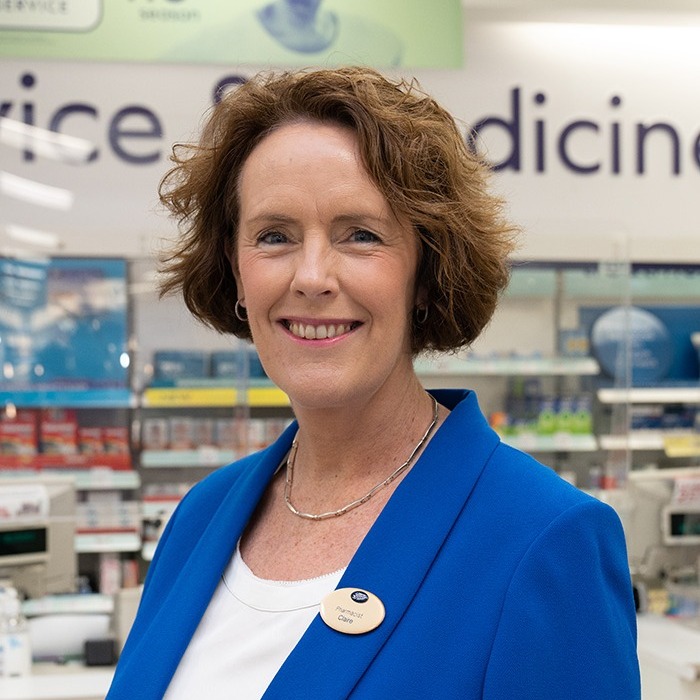Using professional judgement in changing times
A message from Claire Nevison, Superintendent Pharmacist
All pharmacy professionals have a duty of care for their patients and must adhere to the Standards for Pharmacy Professionals set out by the regulator in the country in which they practise, with a focus on always putting the patient first and providing person-centred care in any given situation. This month’s focus is on the importance of using professional judgement and raising concerns, especially when undertaking new and possibly unfamiliar tasks in the pharmacy, as well as when building knowledge, skills and providing patient-facing clinical services.
Last month, I reinforced our ongoing commitment to process innovation, with greater use of technology to further enable safe and effective dispensing. Our Assisted Due Date Dispensing (ADDD) initiative is a great example, using a ‘pick to patient’ functionality within Alliance Healthcare, developments to the Columbus system and a new in-store set-up which, together, reduce the time required to dispense ‘Due Date’ prescriptions. This month’s case study details how a team member, albeit with the very best intentions, tried to support a patient with a new clinical service, familiarise themselves with the new ADDD system and manage incoming queries in the pharmacy. Please read and discuss this case study as a team and reflect on the level of support that your team members may need when undertaking patient-facing services and/or processes that are new to them. You’ll be mindful that pharmacy professionals also have a duty to speak up and raise concerns. This is an important part of providing safe and effective care for patients, not least because it promotes and encourages a culture of learning and development, and enables leaders to understand and address any additional support needs as necessary.
One of the most rewarding aspects of working in community pharmacy practice is watching your trainee team members increase their knowledge and acquire new skills and experience. I know that our in-store pharmacists and their leaders champion this and truly value the positive impact that our team members’ expertise has on our patients and customers. In achieving this, please don’t forget that some services must be provided by the pharmacist because legislation, a product’s licence or a Service Specification mandates this. The best way to support trainees with building their professional competence and confidence may be via ‘shadowing’ the pharmacist (with patient consent) and a reflective conversation after the transaction or service has been completed. With ongoing development in mind, at the time of writing, our CPD days are underway, and I am delighted with the positive feedback we have received so far. My own team members look forward to meeting and speaking with many of you at the upcoming events.

 All pharmacy professionals have a duty of care for their patients and must adhere to the Standards for Pharmacy Professionals set out by the regulator in the country in which they practise, with a focus on always putting the patient first and providing person-centred care in any given situation. This month’s focus is on the importance of using professional judgement and raising concerns, especially when undertaking new and possibly unfamiliar tasks in the pharmacy, as well as when building knowledge, skills and providing patient-facing clinical services.
All pharmacy professionals have a duty of care for their patients and must adhere to the Standards for Pharmacy Professionals set out by the regulator in the country in which they practise, with a focus on always putting the patient first and providing person-centred care in any given situation. This month’s focus is on the importance of using professional judgement and raising concerns, especially when undertaking new and possibly unfamiliar tasks in the pharmacy, as well as when building knowledge, skills and providing patient-facing clinical services.